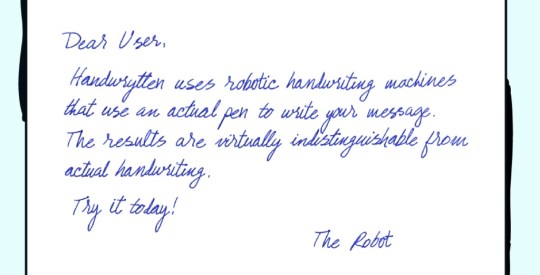Second-lien holders possess a quiet power to thwart the short-sale process, and their willingness to do so has prompted realtors and first-lien holders to bring the issue to the attention of policymakers.
With more distressed borrowers looking to escape their mortgages, the short-sale process is preferred by many parties, but second-lien holders have been known to drag their feet when asked to sign off on short-sales. Their reticence can kill deals altogether.
Greg Galli, a broker with Suburban Realty in Palmdale, Calif., says it’s not uncommon to lose a short-sale to the actions of a subordinate lien holder.
Galli remembers one secondary lien holder refusing a $6,000 payment from the first-lien holder as part of a short-sale offer. In response to the offer, the second-lien holder demanded $7,400 and insisted the additional funds come from the homeowner.
“We were only $1,400 apart and because they insisted the funds come from the homeowner or first-lien holder, they killed the transaction. They wouldn’t let it go through,” Galli told HousingWire. “It was them digging in their heels. At the time, we were coming up with options for them to receive the $7,400, but there was only one way they would accept it.”
The emergence of failed short sales prompted Galli to publicly support The Fast Help for Homeowners Act, proposed by U.S. Rep. Jerry McNerney, D-Calif.
The bill, if passed, would force second mortgage lenders on federal mortgages to review a short-sale agreement and make a final decision within 45 days. The bill would require second-lien holders to either make a decision on a short-sale offer within the allotted time given or the deal would be automatically approved on the 46th day.
For Galli, getting something on the books to speed up the process is crucial. 80% of the properties in his market are tied to a second-lien and 49% of the sales activity in his area involves a short sale.
“They (second lien holders) can really delay the deal if they don’t want to respond, or if they just don’t want to do anything. As a Realtor or consumer it doesn’t make sense,” he said.”If they let it go to foreclosure, the second lien is going to lose out completely. It would make sense for us to work through the process, and then they can negotiate.”
On the other hand, Mark Zandi, chief economist with Moody’s Analytics, is against regulations that would strong arm second lien holders into a transaction.
“I am always hesitant to force second lien holders or any lender to do something that they didn’t contractually agree to upfront because ultimately that will add to the cost of future credit and reduce its availability,” Zandi said.
Zandi says second-lien holders are generally reluctant to sign off on short sales since the deals generally offer them few incentives. However, he says, “the one thing that is encouraging is the number of short sales does appear to be picking up. If the second liens are a big problem, they are less of a problem than they were say six months ago.”
Rodney Carey with Woodward Asset Capital says second-lien holders have a good reason to hesitate when it comes to approving short sales.
“The emphasis has been on the first-lien holder, and there have been so many policies that have almost created a cram down to the second-lien holder, saying we’ll give you a maximum of $3,000 or $1,000, no matter what your unpaid amount was.”
Carey says second liens may be resentful of a process that gives them little wiggle room to assert their own position.
“If there is pushback it is to force the first-lien community to work with second-lien holders a little bit more,” Carey said.
Carey says second-lien holders may see their interest wiped out in a foreclosure, but they can still sue on the unsecured note to try and get money back from the homeowner. In that case, the borrower’s only real remedy would be bankruptcy.
“The second-lien holder loses their collateral, but the homeowner still owes them the debt,” Carey says of the foreclosure option. The debt may be unsecured after foreclosure — a situation that comes with its own risks — but Carey suggests second-lien holders may be using this strategy, or the threat of it, to reassert their place in the process.
Zandi, on the other hand, believes a break down in communication between all of the parties is making the short sale approval process more difficult than it has to be.
Second-lien holders probably prefer a short-sale when a borrower is distressed, Zandi said. However, he believes it’s unlikely the subordinate liens have the knowledge to make that call. “It is difficult for them to know,” he said. “They usually don’t have very good information.”



